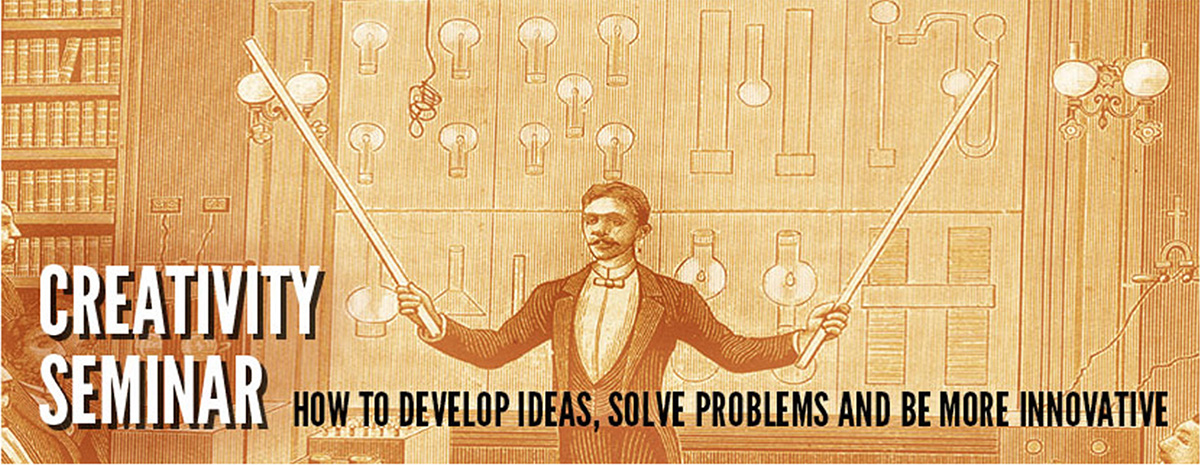 Discipline, not giftedness, is what's vital to greatness.
Discipline, not giftedness, is what's vital to greatness.So says David Shenk in his recent book, The Genius in All of Us.
And, he admits that his sub-title, Why Everything You’ve Been Told About Genetics, Talent, and IQ is Wrong, makes quite a strong claim:
"It is a bold statement, and it reflects how poorly the public has been served when it comes to understanding the relationship between biology and ability. The clichés we’ve been taught about genetic blueprints, IQ, and 'giftedness' all come out of crude, early-20th century guesswork. The reality is so much more interesting and complex. Genes do have a powerful influence on everything we do, but they respond to their environments in all sorts of interesting ways. We’ve now learned a lot more about the developmental mechanisms that enable people to get really good at stuff. Intelligence and talent turn out to be about process, not about whether you were born with certain 'gifts.' "But, how do we go about finding the genius in all of us? What steps can we take to unlock latent talent? Shenk replies with wonderfully positive spirit:
"Find the thing you love to do, and work and work and work at it. Don't be discouraged by failure; realize that high achievers thrive on failure as a motivating mechanism and as an instruction guide on how to get better."From Annie Murphy Paul's book review titled "How to Be Brilliant," in The New York Times:
Whatever you wish to do well, Shenk writes, you must do over and over again, in a manner involving, as Ericsson put it, “repeated attempts to reach beyond one’s current level,” which results in “frequent failures.” This is known as “deliberate practice,” and over time it can actually produce changes in the brain, making new heights of achievement possible. Behold our long rumored potential, unleashed at last! Shenk is vague about how, exactly, this happens, but to his credit he doesn’t make it sound easy. “You have to want it, want it so bad you will never give up, so bad that you are ready to sacrifice time, money, sleep, friendships, even your reputation,” he writes. “You will have to adopt a particular lifestyle of ambition, not just for a few weeks or months but for years and years and years. You have to want it so bad that you are not only ready to fail, but you actually want to experience failure: revel in it, learn from it.”David Shenk, the author of five previous books including The Forgetting, Data Smog and The Immortal Game, is a correspondent for TheAtlantic.com, and has contributed to National Geographic, Slate, The New York Times, Gourmet, Harper's, Spy, The New Yorker, NPR and PBS. Shenk is a 1988 graduate of Brown University.
